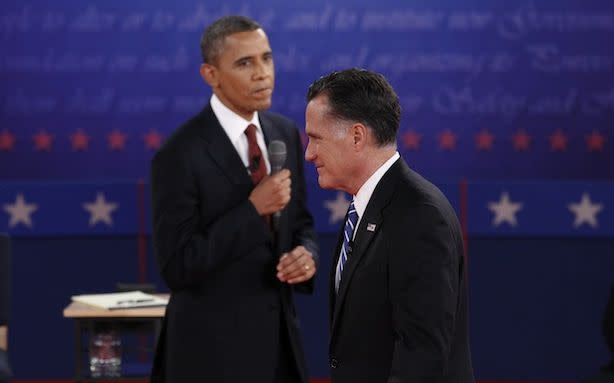Five Best Wednesday Columns

Cass R. Sunstein in Bloomberg View on the conservative Constitution Scalia and Thomas seem to have abandoned conservative interpretation of the Constitution. Like with affirmative action: "None of the conservative justices asked a single question about whether affirmative-action programs are consistent with the original meaning of any provision of the Constitution," Sunstein writes. "They are giving a moral reading to the 14th Amendment."
RELATED: Five Best Sunday Columns
Steven M. Davidoff in The New York Times on Dodd-Frank Repealing Dodd-Frank wouldn't end "too big to fail" and may make things worse. Banks got too big to fail because they made money, not because of regulation. Financial reform tries to make them smaller. The alternative would be to break the banks down, which is politically unlikely, or to impose higher capital requirements, which may work but is basically the same as Dodd-Frank.
RELATED: Five Best Friday Columns
Jeffrey A. Meyer in The New York Times on privacy and drug-sniffing dogs Two Supreme Court cases on whether drug-sniffing police dogs violate privacy rights could shape privacy rights. One case asks if police can take a dog to the front porch of a home to sniff for weed. If they can, "it is hard to see why the police could not station drug-sniffing dogs outside the entrances to every school, supermarket and movie theater as a routine form of drug interdiction."
RELATED: Five Best Wednesday Columns
Steve Kornacki in Salon on understanding the debate's impact Obama did well last night, but whether it will help him depends on two possibilities. One: Swing voters are looking for an excuse to vote Obama. If so, Obama will be on the rise. Two: Swing voters are looking for an excuse to fire Obama. "If 'good enough' is all Romney needs to win, then his performance last night might have been sufficient, even if Obama had the better night."
RELATED: Five Best Wednesday Columns
Ruth Marcus in The Washington Post on solitary confinement of children The U.S. is a leader in the dehumanizing practice of solitary confinement, where prisoners become "so desperate and despondent that they engage in self-mutilation." Sometimes, those prisoners are children. "This treatment is unconscionable and unconstitutional. Whatever you think about the use of solitary confinement when it comes to adults ...it cannot pass the minimum tests of decency to inflict this punishment on adolescents"
